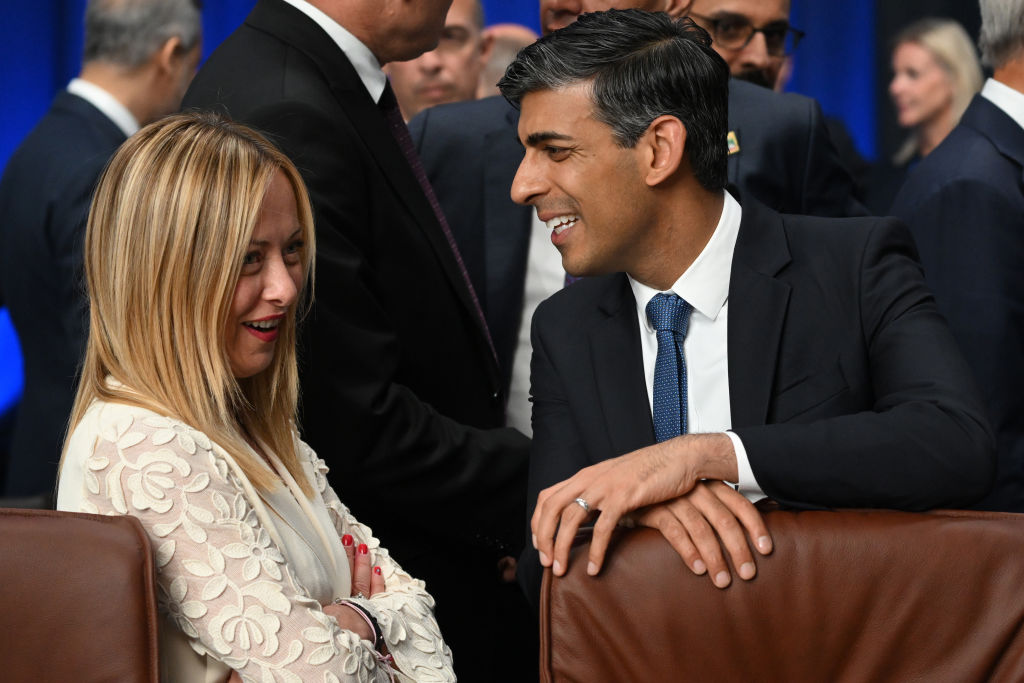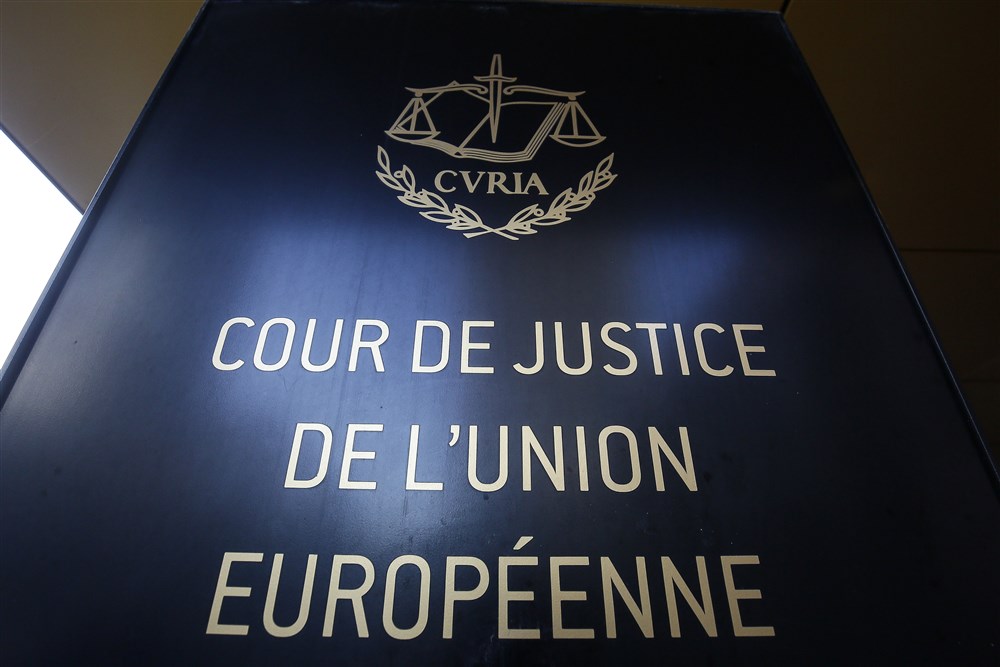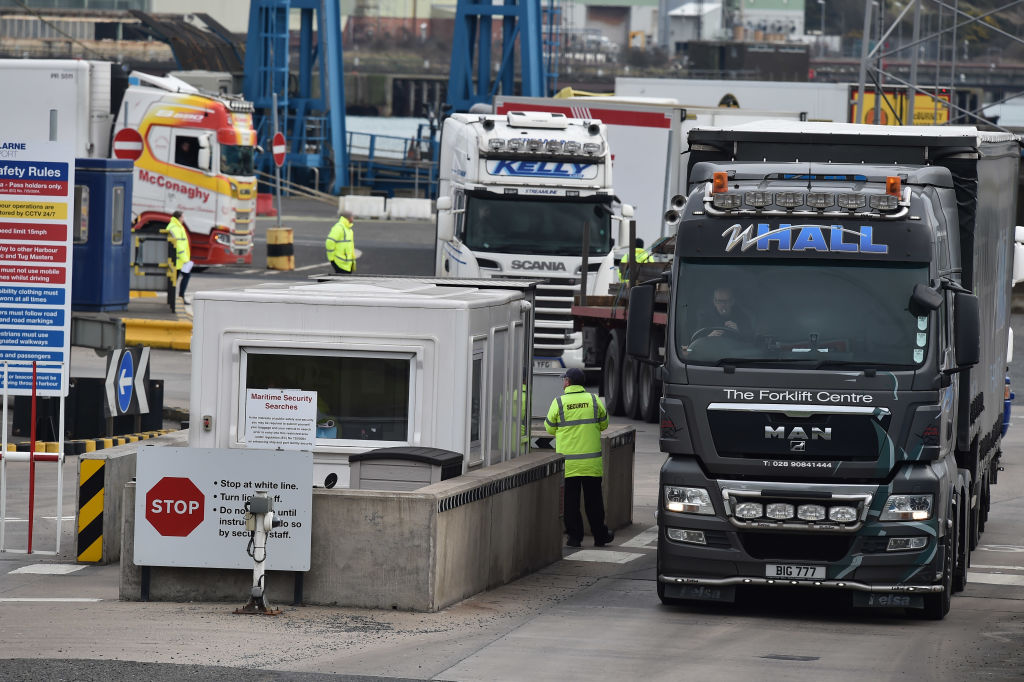The UK Mission to the European Union faces a shake-up after a senior House of Commons inquiry found transparency wanting around the work and cost of the Brussels-based institution.
It also pointed to a diminishing number of Mission staff that it said undermines British influence within the bloc.
In a new report published on October 24, the cross-party House of Commons European Scrutiny Committee warned that scaling back the UK’s presence in Brussels would have a detrimental effect.
“The EU is a geopolitical entity that has interactions, links and agreements with a variety of international organisations; reducing the size of the UK Mission could negatively impact the ability of the UK to effectively exert influence in favour of its own geopolitical interests,” MPs said.
Formerly a much sought-after posting, since Brexit, the UK Mission to the European Union has seen a drop in personnel from 180 to 130 with further staff cuts expected in the coming years.
The report noted that the resources of the newly dubbed UK Mission had been “substantially reduced” along with structural and functional changes since the UK’s withdrawal from the European Union.
That included the downgrading of the role of Head of Mission so that it was no longer graded at the most senior level in the Civil Service, and the abolition of the post of Deputy Ambassador.
Ambassador Lindsay Croisdale-Appleby, the Head of the UK Mission, told the committee that staff salaries cost £2.5 million a year, that the administration budget in 2021 was £268,000 and, last year, £128,000 was spent on various programmes.
She said calculating the overall costs was “quite complex” because of sharing arrangements.
Croisdale-Appleby, the UK’s top diplomat in Brussels, said the Mission shared a platform in Brussels with the UK delegation to NATO and a bilateral embassy to Belgium, and a shared corporate-services function supporting all those missions.
“The function of the Mission has changed a lot: rather than representing the UK in the institutions of the European Union, our work is focused on areas of common interest with the European Union,” she said.
MPs agreed that the UK Mission had to adapt post-Brexit but “any information about structural and functional reform is not readily available to the public on the website of Gov.UK”.
“We recommend the publication of UKMis activities to their website, including updates on UK-EU relations, to have full transparency for the public, where possible.”
They also sought transparency on the Mission’s work outside UK’s institutional relationship with the EU under the Withdrawal Agreement and the Trade and Cooperation Agreement – on which it apparently spends 20-25 per cent of its time – such as foreign policy and defence.
“This work is not publicised to any significant extent and there is little understanding of where it fits with the Mission’s priorities,” the report said.
The MPs said that while the UK’s relationship with the EU remains politically important it is arguably now more “diplomatically challenging”. That was because the UK Mission is facing more barriers in representing the UK’s interests than its predecessor did, with knowledge on the ground in Brussels being at a premium.
Committee chairman Sir Bill Cash aired his concerns that any reduction in UK Mission staff would impact its ability to monitor meetings around the EU’s legislative programme.
“It troubles me that, because of the nature of the secrecy around the meetings, you may hear about it, but how do the British public have the capacity to discover that – if you know about it but the British public do not?,” he said.
“That I regard as a very difficult and unfortunate circumstance.
“Who dominates the system, and is there majority voting? Is the consensus that they arrive at based on a level playing field, or based on the dominant interests, for example, of France and Germany?”





